Assalam-o-Alaikum |
|---|
First of all I want to thank the steemit blog for choosing the best professors for us and receiving applications from the new teaching team for season 21 and we have successfully lined them up and there is no doubt about it. That the best among these teams is Prof. @afzalqamar who organized an excellent competition
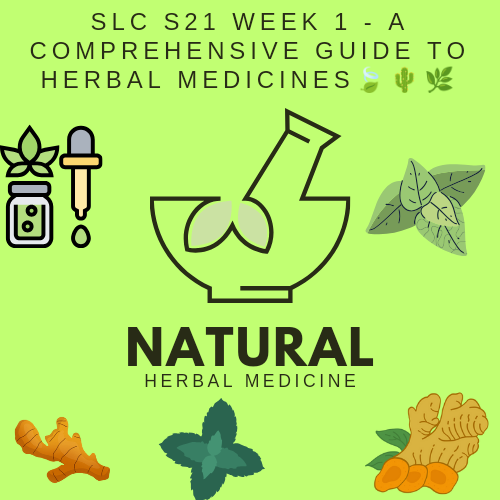
canva editing

Research Assignment: Discover and document the history of herbal medicine in your culture or region of the world |
|---|
Ethnomedicine has evolved many years ago in our region and use of plant material in the treatment of diseases is very common. Ayub and Mnyaw_ss_ (2010) assert that native herbs have always been prescribed by traditional healers, known as “hakims” and other spiritual practitioners with a passage of word of mouth, inheritances from the foregone eras, and some written texts starting from the Islamic golden era. Herbs like neem, tulsi and ashwagandha are part of our traditional medicine system and are known to have microbial, anti-inflammatory and stress alleviating effects respectively.
Later, the Greek, Persian, and Ayurvedic medicine the local people also stepped in to herbal modality and become a rich medical system. At the beginning of the colonial era, modern medicine seepage into the healthcare practices of the society but the use of herbal medicine was fundamental because it was cheap and easily accessed in the rural areas. Nowadays with people turning back to nature based remedies, the use of traditional herbs is on the rise; while incorporating tradition with advanced findings to promote health naturally and organically.

When was the first herb discovered in the world and who discovered it? |
|---|
It is also important to know that herbs are not something created in a laboratory like most people define inventions. They are plants that have been growing on their own and incorporated into society for so long that we do not even know when people first started using the materials. It can be traced back to 5, 000 years ago in ancient civilization such as the Sumerians, Egyptians and Chinese where the knowledge of herbs was written in clay tablets, papyri and engraving respectively.
In ancient Egypt, there is evidence of the use of coriander, cumin, and garlic in medicine by the documentation on the medical papyri; in ancient China, however, the herbalist Shen Nong is believed to have described a selection of herbs at around the 2,800 BC. The application of herbs intensified as the societies advanced, and the early communities discovered the properties of the local plants for food and for medicine. These traditions set the foundation to what is known today as herbal medicine.

Writing about modern herbs and ancient herbal research in Pakistan |
|---|
Most developing countries including Pakistan have medicinal history of the use of herbs, which has a base in Ayurveda and incorporated Unani and local systems of medication. Due to geographic diversity the country has mountains, forests, and plains where a very wide assortment of medicinal plants grows, and has been used for thousands of years. Hakims and vaids of yester-years were employed to continue the knowledge of herbs in generations and they recommend the usage of neem, amla, ashwagandha and turmeric.
These studies are carried out to this date as researchers try to substantiate hot claims about the healing properties of these plants. To add, bodies such as the Pakistan Council of Scientific and Industrial Research (PCSIR) have begun headway to investigate indigenous plant for modem medicine usage. Recently using herbs to cure diseases has come in fashion again the joining of past practice with the scientific one. Such a way, not only Pakistan’s cultural aspect is retained but also, in turn, has natural resources for the overall health of the future generations.

Ancient wisdom and herbal remedies |
|---|
As far back as people were beginning to use the knowledge that had been passed on to them from generation to generation, they had known that herbs were a natural way to heal the body and the mind. Different cultures around the globe came up with a knowledge system inclusive of Ayurveda, traditional Chinese medicine, and Unani, mainly exploiting herbs such as turmeric, ashwagandha, and Ginseng in treatment. These traditions are aimed at body and nature integration, using herbs for the creation of immunity and reducing inflammations. Today these remedies are being brought again into focus they involving natural principles for sustaining life and as a cure for diseases that are being treated through synthetic medicines.

Ginger |
|---|
Ginger is an Herb Which is most famous for its anti inflammatory and antioxidant abilities. Originally ,Employed to cure ailments as sickness, indigestion and pain it is currently employed as, condiment and cure for many diseases.
Turmeric |
|---|
Curcumin a bright yellow spice is used in cooking and medicine because of its rich anti inflammatory and antioxidant abilities. It was, included in Ayurvedic and Unani system of medicine and is helpful in bones, joints, digestion and immune system. It is commonly desired, at the moment, not only as a spice for dishes preparation, but also as an additive for healing purposes.
Mint |
|---|
Mint is a easily ,Recognizable because of its fresh and cooling sensation while being a nutritious plant. People have used it for generations to relieve digestive, upsets, headaches and respiratory ailments; it is a good source of antioxidant and essential oils. Because Mint is so versatile, it is widely used in teas, cooking dishes and as, herbal remedies for first line symptoms of health conditions.

Medicine in Islam and its herbal treatment |
|---|
Traditional Islamic medicine has strong Quran and Hadith origins and rely heavily on natural remedies and early intervention treatments. Ibn Sina (Avicenna) and Al-Razi used Greek, Persian and Indian system with incorporation of pure Islamic knowledge of herbal medicine. Black seed (Nigella sativa), honey, olive oil and date are some of the most esteemed healers being advised by the Prophet Muhammad [peace be upon him]. At the present time Islamic herbal medicines are popular where comprehensive utilization of holistic remedies based on the Islamic principles of the harmony between body and soul is pursued.
Herbal medicine is also being used in modern times |
|---|
Presently, volume sales of herbs are experiencing continued growth because many consumers are in the lookout for organic and sustainable remedies to their ailments. Current studies have given orange light to such natural herbs that are used in the traditional system of medicinal practices such as turmeric, ginger, and ashwagandha. Alarmed by the negative effects of synthetic drugs, herbal medicine has it all, combining traditional wisdom and modern research for immunity booster, anti-inflammatory, and all-around health promoter.
Comparison Task: Prepare a list of modern medicines and their benefits and side effects; prepare another list for herbal medicines for minor sicknesses like cold and headache |
|---|
Here's a comparison table for the benefits and side effects of modern medicines versus herbal medicines for common ailments like cold and headache:
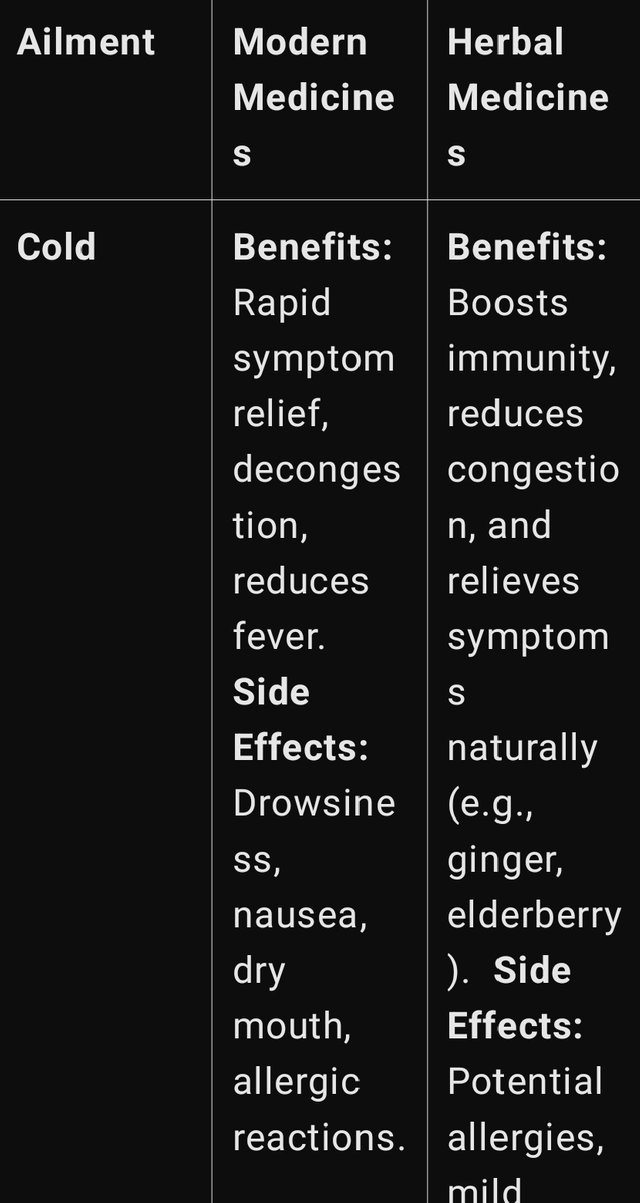
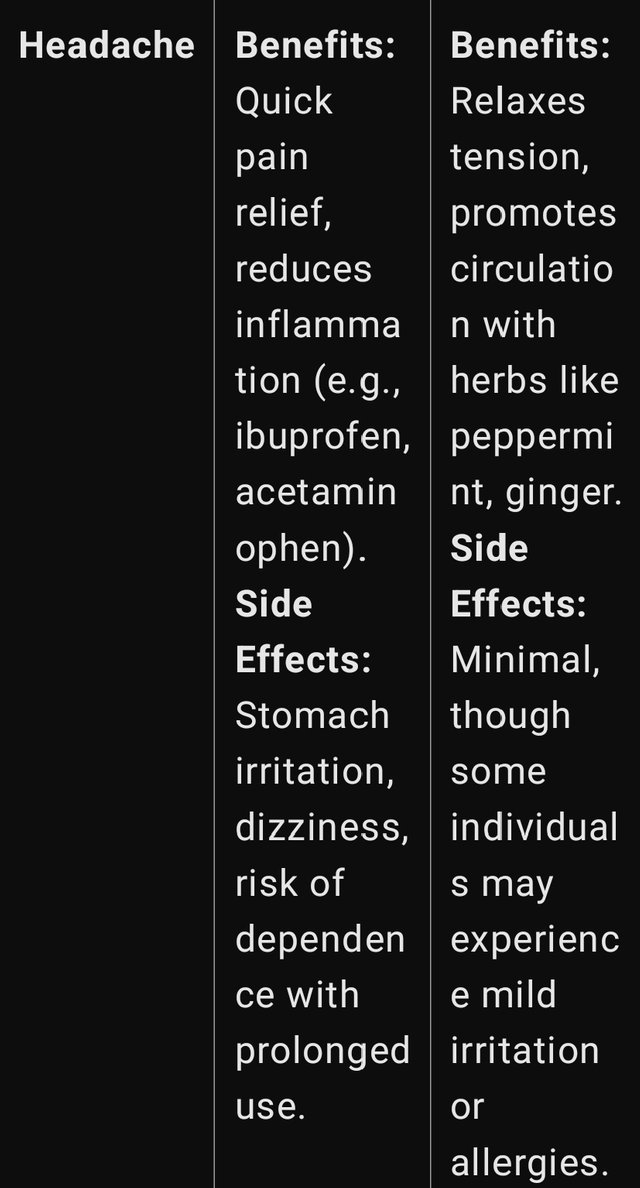
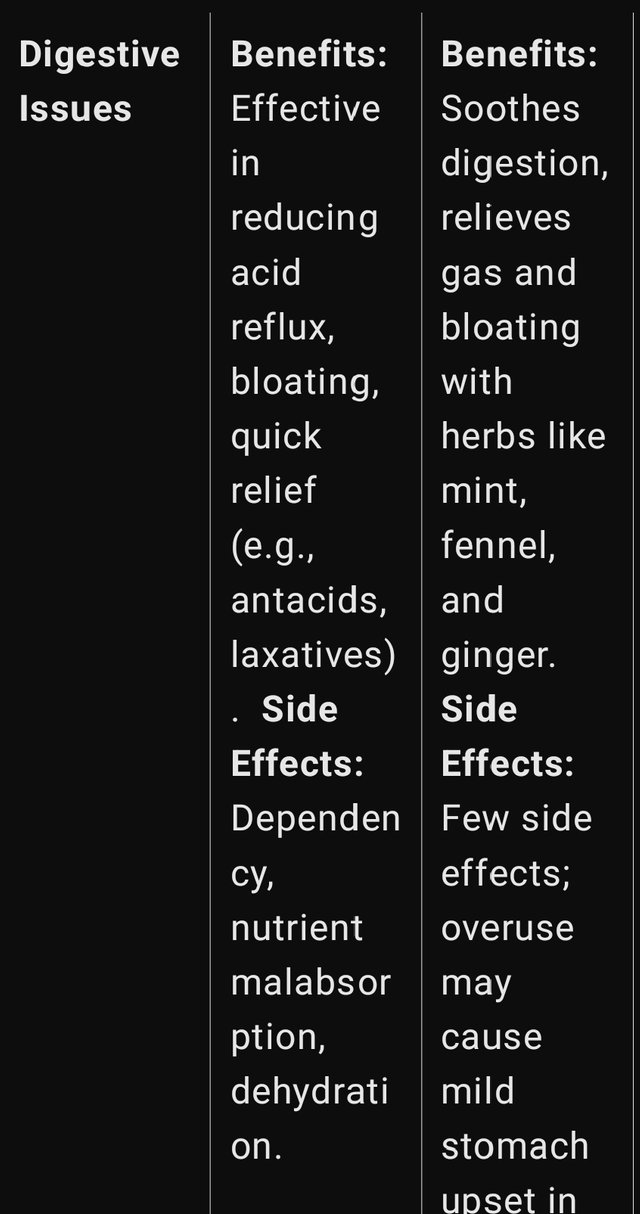
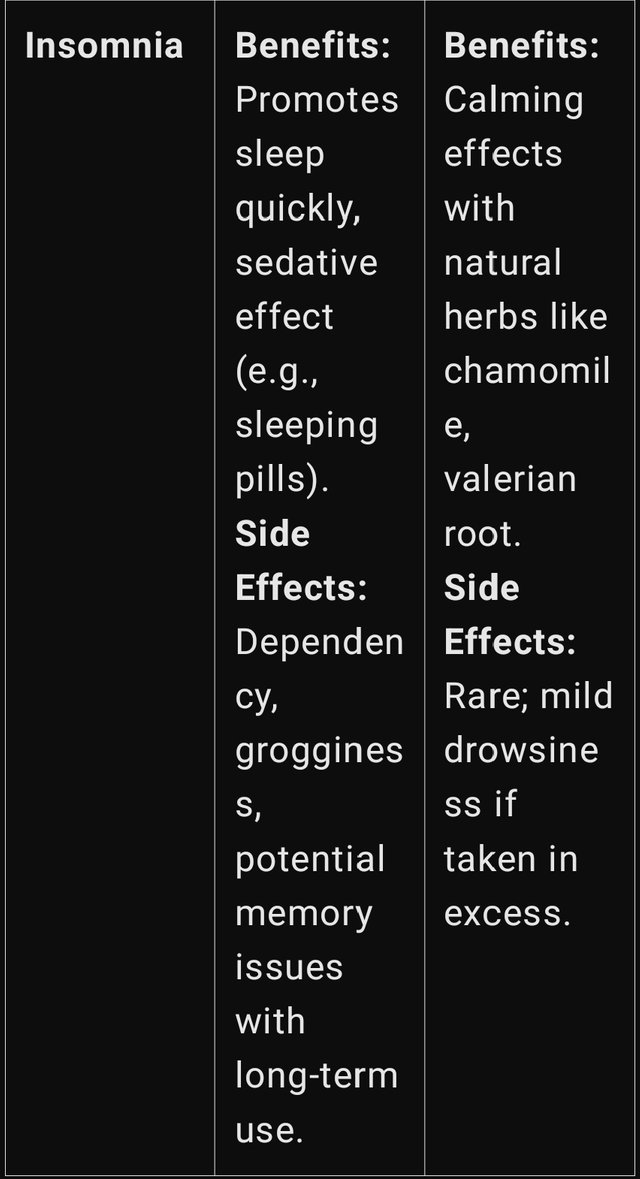
Here's a comparison table for the benefits and side effects of modern medicines versus herbal medicines for common ailments like cold and headache:
This table contrasts the fast response of the modern medicine in comparison to the slow, yet safer response most of the herbal remedies may require.

Herb Identification: Pick 3 common herbs in your kitchen such as mint, ginger or turmeric and then show the benefit of each of them on your health. State where among the recipes you have incorporated these herbs |
|---|
Here’s a list of three common herbs and their health benefits, along with examples of recipes where you might use them:
Mint |
|---|
Health Benefits: Improves digestion, gets rid of headaches, counteracts bad breath, and possesses cooling and anti-inflammatory effects.
Recipes: Incorporated into mint chutney, in a lemon-based mint cooler, and as an aesthetic part of salads and curries.
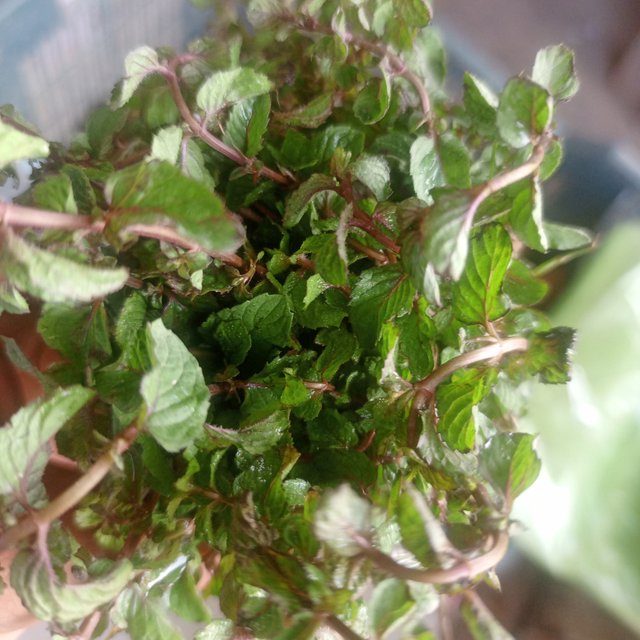
Ginger |
|---|
Health Benefits: Relieves nausea, has anti-inflammatory properties, helps with digestion, and improve immune system.
Recipes: Available in ginger tea, spiced curries, ginger garlic paste for marinades.
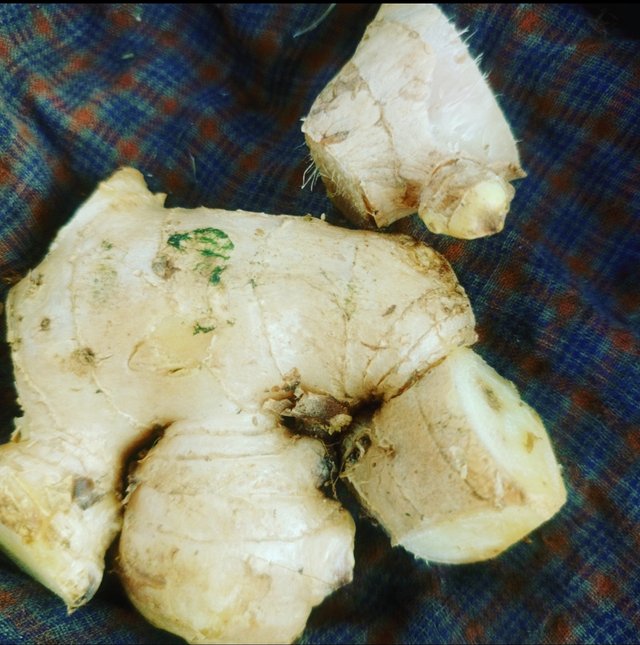
Turmeric |
|---|
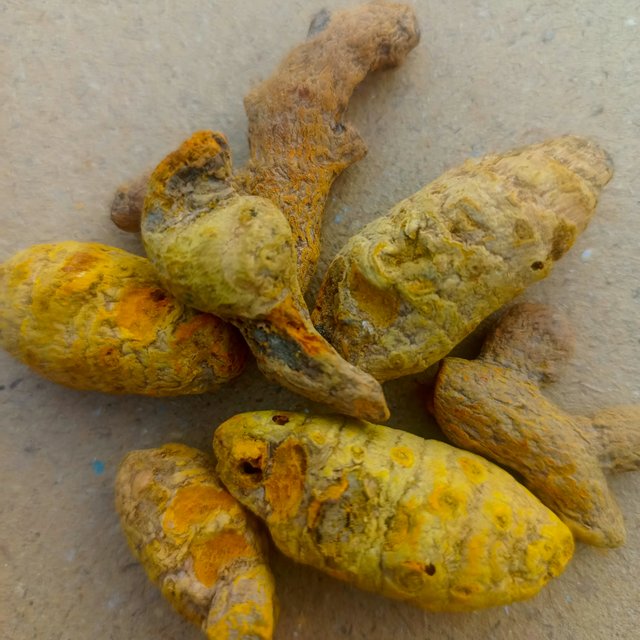
Health Benefits: Anti-inflammatory, very beneficial for bones and joints, enhances the immune system, and has skin benefits.
Recipes: Particularly useful for a curry powder, a mixture for preparing a golden milk, as well as when marinating meat and vegetables.
Most of these herbs not only add taste to the food, but also provide extra nutritional benefits to common foods.

Ginger recipe |
|---|
Spiced Ginger Tea Recipe
Ingredients:
1/2 cup of fresh ginger – peeled and sliced
2 cups water
1 cinnamon stick
3-4 cloves
1-2 spoon honey or lemon if necessary
Instructions:
- In another small pot too, heat water under medium high heat until it boils.
- Whichever of the times the ginger slices is added to the pot, boiled with cinnamon stick and cloves.
- Reduce the heat, and once the mixture has reached a boil, turn the heat to simmer and incorporate the tea; let the tea boil for further 15-20 min to allow the remedies of the herbs mix well with the tea.
- Then pour the tea and let it settle then scoop it with a spoon to a cup of the tea.
- To sweeten add honey and for a variation of the lemon flavor, add lemon juice.
- Stir well and serve hot.
This is quite splendid ginger tea which is good for warming up and comforting a sick throat and for indeed freezing part of your gastro intestinal tract. The addition of cinnamon and cloves enables the tea to have one other feature of sharpening our immune system especially when we are down with flu or fever.
Turmeric recipe |
|---|
A basic recipe for turmeric is wonderful milk, known for its calming properties. Heat a cup of milk or a dairy-free choice in a pot over low heat. To make turmeric better add a teaspoon of turmeric powder a pinch of black pepper and a quarter teaspoon of cinnamon and heat it. Mix well and let it cook for 5-7 minutes. Enhance with honey or maple syrup to taste. And a cup of Aram can be drunk in peace, there is no doubt that it is very beneficial for your health and gives us excellent and immense strength to make us healthy and energetic in every way. Given is a gift and indeed it should be used well
Mint recipe |
|---|
Mint chutney is a traditional and delicious chutney that can be served with many dishes. To make this take one cup of fresh mint leaves half a cup of coriander leaves, three to four green chilies, a small piece of ginger, and salt to taste. Put all these ingredients in a blender and add the juice of half a lemon and a little water. Blend the ingredients well to make a smooth sauce. If the sauce is too thick, you can add more water. This mint chutney is served with samosas, fritters, kebabs, curds, and grilled meats. It is best consumed fresh, but can be stored in the refrigerator for two to three days. Mint chutney adds flavor to food as well as aroma.
What are the forms of herbs and what are the types of herbs and |
|---|
Major types: can be fresh, dried and substituted for their fresh counterparts: fresh herbs; dried can be used as condiments: condiment herbs; may be used for their flavor and aroma alone: seasonings; and may be used for medical purposes: medicinal herbs. Here are some common forms of herbs:
Fresh |
|---|
Using fresh herbs add a good taste better aroma and carrying capacity of food, thus they are preferable for garnishing and salad and currying. For example, the use of fresh mint in salads or of basil in sauces.
Dried |
|---|
They are potent since they are dried retain their qualities and they must have a longer shelf life than fresh herbs. It is great in soups, stews, and spice mixes because despite losing a little of their nutrients they gain a much more concentrated flavor. Examples include dried gastritis herbs eh rosemary and thyme.
Powdered |
|---|
Being in powder form, those ground from dried herbs and powdered forms can easily dissolve in drinks, foods or supplements. In golden milk and curry dishes, curry powder is usually utilized for a result of its anti-inflammatory nature.
Oils |
|---|
Aromatics obtained with the process of distillation contain concentrated substances and are found in aromatic therapy, cosmetics, and sometimes in food preparations. Peppermint oil it is used in manufacturing of wellness products and preparing food recipes.
Extracts or Tinctures |
|---|
Herbal extracts, tinctures or macerations are prepared substances obtained by soaking herbs in alcohol or glycerine to inactivate them. These are mostly added in supplements and may be dissolved in water or tea for consumption in case of ailments.

Safety Report: Choose one herb and discover if they have any side effects and how to minimize the likelihood of side effects |
|---|
Herb: Ginger
Potential Side Effects: At many occasions people usually use ginger and it is known to have many benefits but if consumed in large quantity,then it has some side effects. These may include:
- For people who have stomach problems: Ginger intake in high dozes can cause complications such as, heartburn, stomach ulcer and also diarrhea.
- Bleeding Risk: Ginger has some ability to thin the blood so it could raise the odds of bleeding if used with blood-thinning drugs.
- Low Blood Pressure: Ginger helps reduce blood pressure and therefore taking it together with the prescribed blood pressure reducing drugs may lead to fainting or dizziness.
- Pregnancy Risks: Generally ginger is safe when consumed in moderate quantities, however large amounts can induce uterine contractions meaning that pregnant women should avoid taking large amounts of ginger.
How to avoid whatever adverse effects it has |
|---|
Avoid consuming ginger in excessive amounts, which is over 1-2 grams per day’s consumption limit.
Ginger should only be consumed as foods as opposed to supplements if one is on thinning or blood pressure medications.
Talk to a doctor before using ginger supplements especially if you are pregnant or taking other medicines.

i would like to invite @patjewell @josepha @akmalshakir to take part in this contest
Contest Organiser @afzalqamar
Thanks for Reading my blog |
|---|

X Permotion Twitter
https://twitter.com/shabbir_saghar/status/1851950272110587959?t=NDIrpN2VGKsbn5VlVa_O6A&s=19
Downvoting a post can decrease pending rewards and make it less visible. Common reasons:
Submit
Congratulations, your post has been upvoted by @scilwa, which is a curating account for @R2cornell's Discord Community. We can also be found on our hive community & peakd as well as on my Discord Server
Felicitaciones, su publication ha sido votado por @scilwa. También puedo ser encontrado en nuestra comunidad de colmena y Peakd así como en mi servidor de discordia
Downvoting a post can decrease pending rewards and make it less visible. Common reasons:
Submit
You have really done a very great job in explaining in details what it means to have herbal medicine and the benefits of herbal medicine. It is quite a pity that nowadays we are no longer making use of those herbal medicine probably due to the new type of drugs we now have that surround us. We were not aware that even those previous herbs drug always work much more than even the drugs that we make use of right now. I must also acknowledge that this is the Frist time I will be hearing about Ethnomedicine. It must definitely be a type of popular medicine in your region I am so sure of that and also thank you for sharing that.
I have always knew also that Chinese and Egyptian are rich in history of herb and they will help to detect herbs. Even though it is looking like people are no longer making use of herbs again like before probably due to civilisation, I still believe they are still very important and should be given attention to actually. I will definitely like to try out this ginger recipe you have shared because it is the first time I will be hearing about the ginger recipe you shared also. Ginger is a very strong herb that has a long of power and medicine which I believe needs not to be joked with actually. Thank you so much for sharing this with us because I was able to learn a lot from this I must confess
Downvoting a post can decrease pending rewards and make it less visible. Common reasons:
Submit
You have commented very well on the post, we all know that herbs have been used thousands of years ago and have no side effects, which means it is a safe recipe in all respects. Contrary to what has been passed down to us from generation to generation, today most of the people accept English medicine and in their life they have made a profession of using English medicine more and more even though many Sometimes people get side effects from these medicines, but if you keep using herbal in your life, there is never any side effect, and we know that people in Egypt and China are still using herbal and benefiting from it. And you have made an excellent comment on this post, I am grateful to you, thank you for the excellent comment
Downvoting a post can decrease pending rewards and make it less visible. Common reasons:
Submit